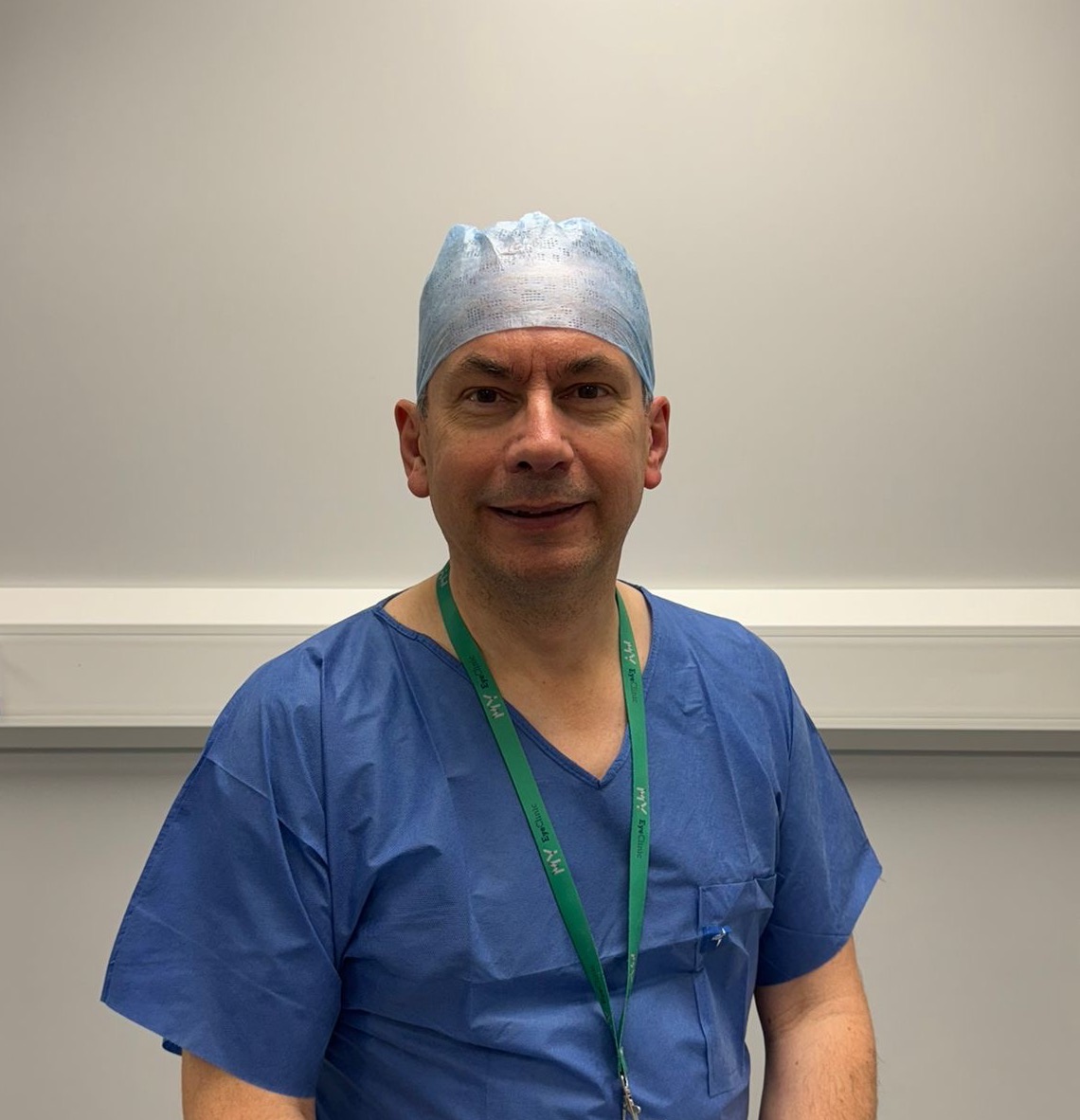Frequently asked questions about retinal problems
Answers to your key questions
Retinal problems affect millions of people worldwide, impacting their ability to see clearly. These conditions can occur at any age but are more prevalent in older adults, particularly those over 50. Common retinal issues include retinal detachment, macular degeneration, and diabetic retinopathy. As populations age, the incidence of retinal diseases continues to rise, highlighting the importance of regular eye examinations. Awareness and early detection are crucial in managing these conditions effectively, reducing the risk of severe vision loss.
Diagnosing retinal problems typically involves a comprehensive eye exam which includes dilating the pupils to provide a clear view of the retina. Imaging tests like optical coherence tomography (OCT) and fluorescein retinal angiography help in assessing retinal health and identifying any abnormalities. Early diagnosis through regular eye screenings is critical in managing retinal conditions before they progress to more serious stages.
Treatment for retinal problems varies depending on the specific condition and its severity. Options include laser therapy, which seals or destroys leaking blood vessels in conditions like diabetic retinopathy, and vitrectomy, a surgery to remove vitreous gel and repair macular holes. For age-related macular degeneration, injections of anti-VEGF drugs help reduce growth of abnormal blood vessels. Maintaining control of underlying conditions such as diabetes is also crucial. Advances in treatment are improving outcomes, emphasising the importance of early detection and regular care.
What are common symptoms of retinal problems?
Common symptoms include sudden flashes of light, increased floaters, blurred vision, and partial vision loss. If you notice any of these symptoms, it’s important to consult an eye care professional immediately.
Can retinal problems lead to blindness?
Yes, if left untreated, certain retinal problems like retinal detachment or advanced macular degeneration can lead to permanent vision loss or blindness. Regular eye exams are vital for early detection and prevention.
Are retinal problems hereditary?
Some retinal diseases, such as retinitis pigmentosa, are hereditary. Family history can increase your risk, so sharing this information with your eye doctor can help in early monitoring and intervention.
How often should I get my eyes checked for retinal health?
Individuals over 50 or those with risk factors such as diabetes should have annual eye exams. Others should follow their eye doctor’s recommendations based on their personal and family health history.
What lifestyle changes can help prevent retinal problems?
Maintaining a healthy diet rich in green leafy vegetables and fish, controlling blood pressure and sugar levels, quitting smoking, and protecting eyes from UV light are all effective strategies to reduce the risk of developing retinal issues
Restore your vision in 3 simple steps
Finding the right retinal treatment can feel overwhelming, but we’ve made the process easy and supportive for you

Step 1: Get in touch
Not all retinal treatments are suitable for everyone. The first step is to determine if a retinal procedure is the right solution for you and which treatment option best meets your needs. Call our friendly team at 0191 917 8887 or use our easy online calendar to book an assessment.

Step 2: We'll meet
During your assessment, our specialists will develop a tailored treatment plan for you, whether it involves advanced laser therapy, injections, or other retinal solutions, all aimed at achieving the best possible outcome for your vision.

Step 3: Enjoy freedom
After your procedure, experience clearer, healthier vision with lasting results. We’ll provide ongoing support and care to help you maintain your improved eyesight for years to come.
Join thousands who’ve gained freedom from glasses and contacts
Discover how they ditched their dependence and see how you can, too
We have replaced the images of real patients who provided these testimonials to protect their privacy.

Hi, I’m Rob Boyce
After training as an engineer and research scientist, I pursued medicine at Nottingham University, followed by advanced ophthalmology training. With over 20 years as a Consultant Ophthalmologist specialising in Oculoplastic and Lacrimal Surgery, I’m committed to delivering the highest quality care at MY Eye Clinic, using cutting-edge techniques and patient-centred care.
Mr Rob Boyce
Founder and Owner of MY Eye Clinic











